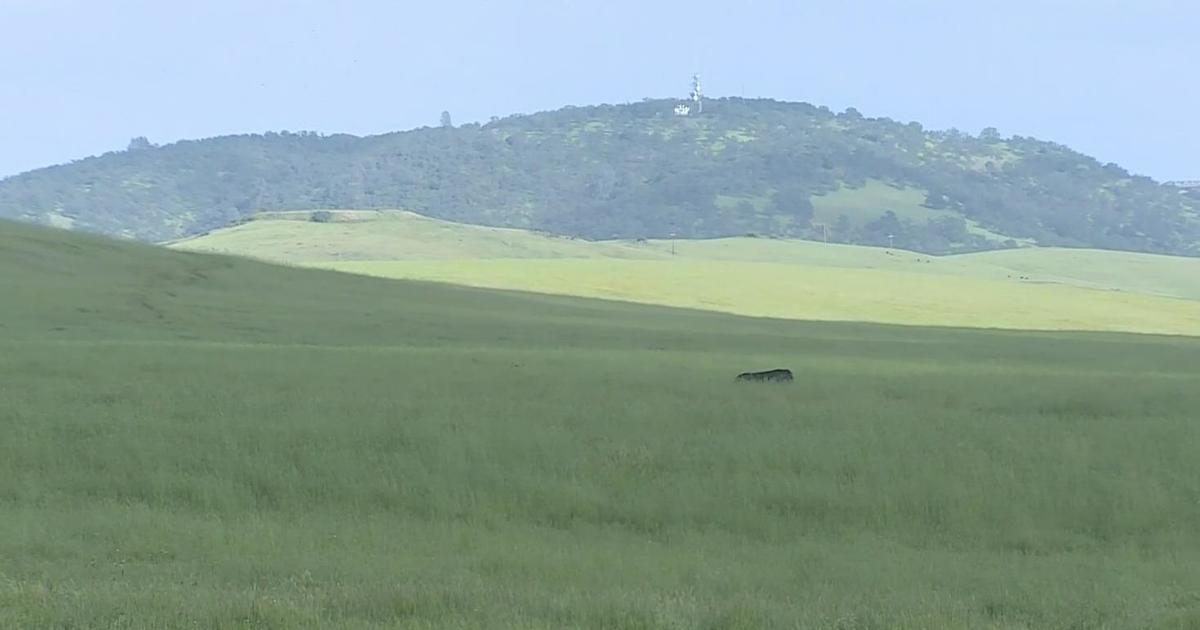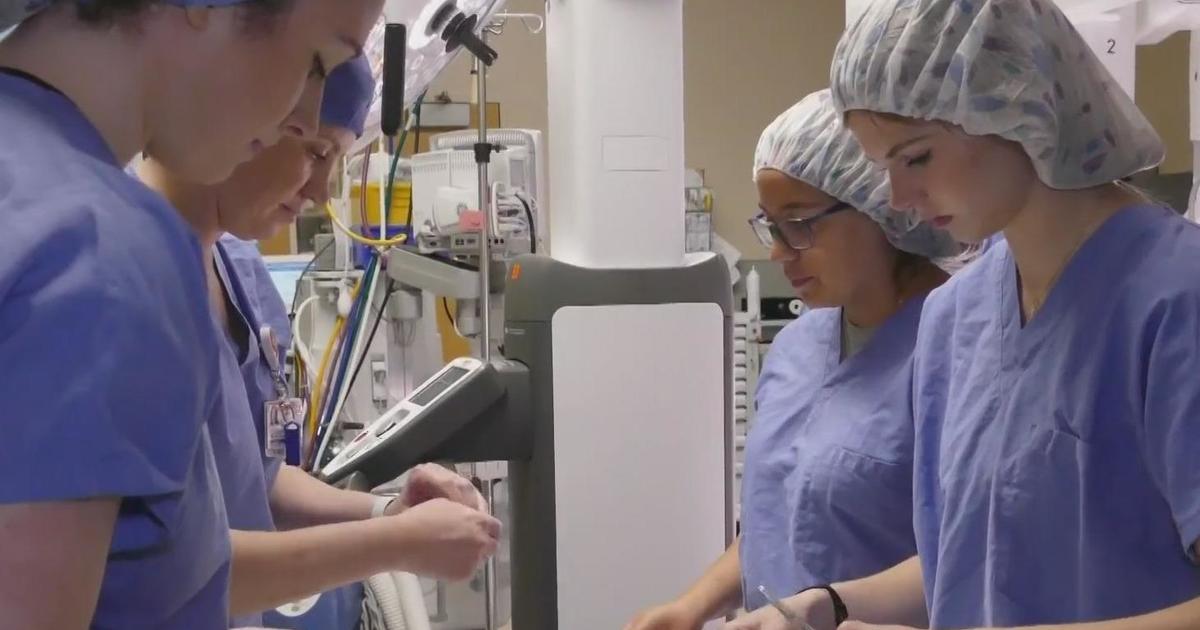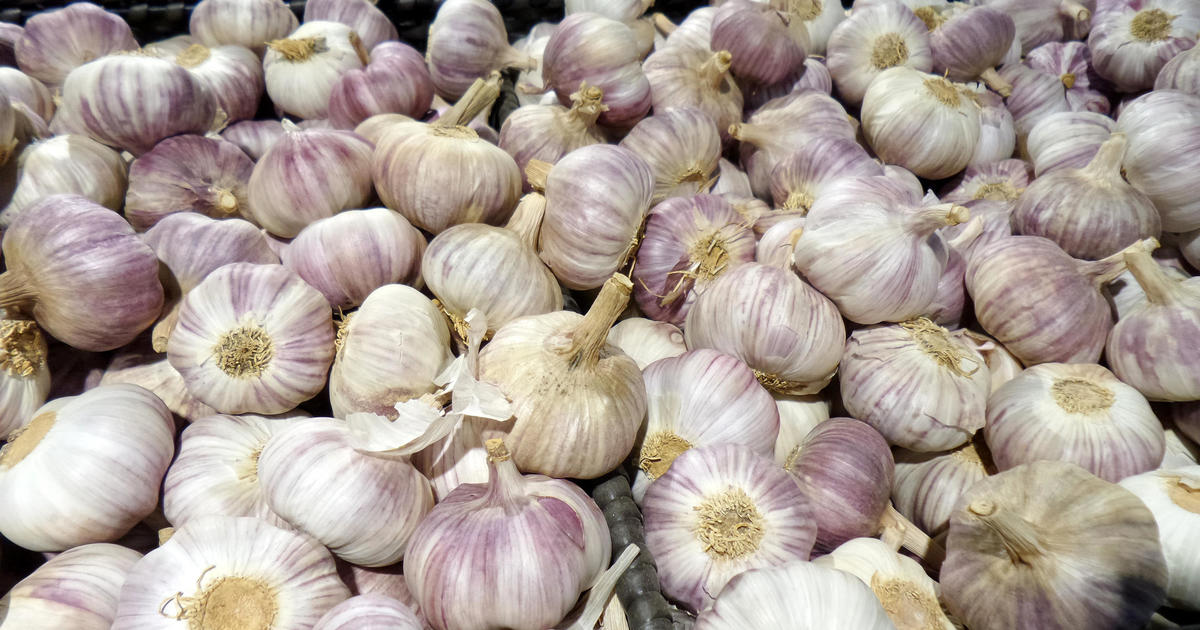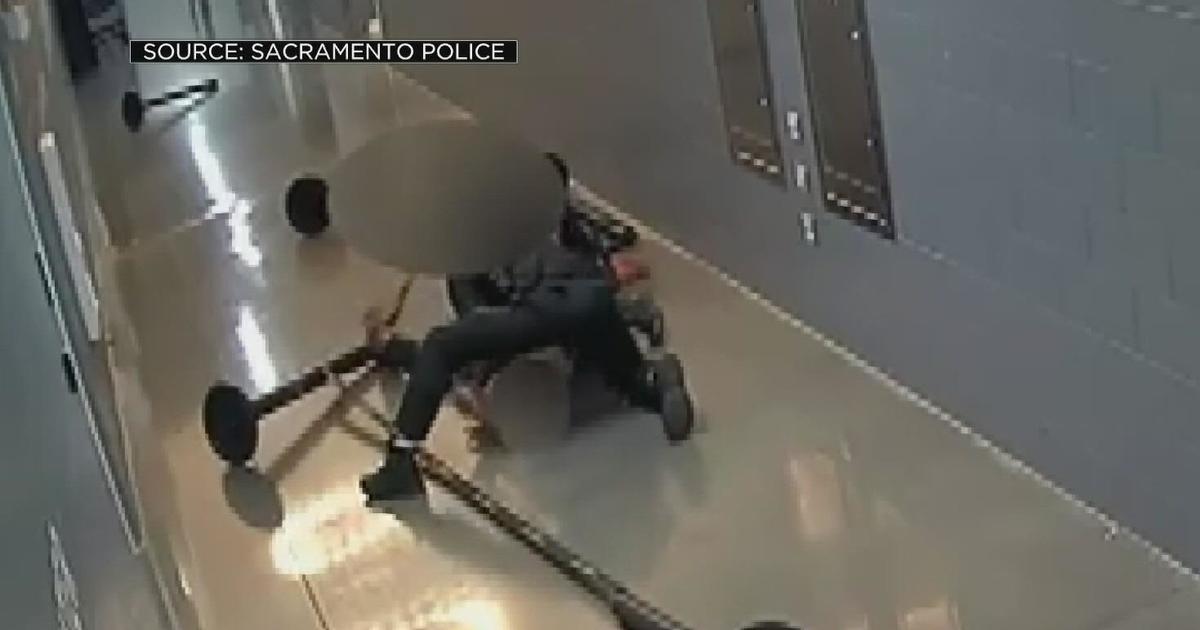City Of Davis Partners With UC Davis To Increase Testing, Fight Virus
DAVIS (CBS13) — The city of Davis is taking a groundbreaking new approach to stop the spread of the virus as it goes on a "testing frenzy."
The city is trying to make it as easy as possible for all the people who live there to get tested for COVID-19. UC Davis and city officials are joining forces to fight the virus. Their goal is to test every person in the city at least once a week.
"I was quite excited about this proposal," Davis Mayor Gloria Partida said.
Partida says a crucial part of the pandemic protection is finding people who test positive for the virus but have not developed symptoms.
READ ALSO: Sacramento County Seniors 65 And Older Can Sign Up For Vaccine
"These are people who are walking around, interacting with their families and the community, and not knowing that they are spreading the virus," Partida said.
She says the prevention effort is working and Davis has the lowest rate in Yolo County.
They've created this protective bubble by converting the UC Davis Performing Arts Center and several other city buildings into testing sites.
The university also has its own contact tracers and has even set aside dorms that are no longer being used by students to help isolate people who are exposed. All tests are sent to a lab on campus where equipment once used for plant genomics has now been modified to test human samples.
Scott Loewen-Towner with Healthy Davis Together says results are delivered within 24 to 48 hours.
More from CBS Sacramento:
- Frightened Georgia Mother Fears Daughter Is Victim In Vacaville Double Murder
- Travelers Flock To Fresh Snow, Tahoe Ski Resort Hits Capacity Minutes After Opening
- 'He Has 72 Hours To Resign': Sacramento Homeless Union Pushes To Recall Mayor Steinberg
Officials say they need more people to participate. According to Partida, they're getting less than half of their capacity.
Those who take the tests weekly say it's a simple process.
"It's a painless way to try to do your best to mitigate the spread of it," Nick Watterson, a participant, said.
Many are appreciative of the free program.
"Today we did get people who brought us some cookies to thank us, so it is very frequent that people are leaving very happy and thankful for the resource," Loewen-Towner said.
The effort costs about $2.5 million each month with money coming from grants, donations and university funds. Organizers say the program can also be expanded to offer vaccines to the community once more doses become available.



